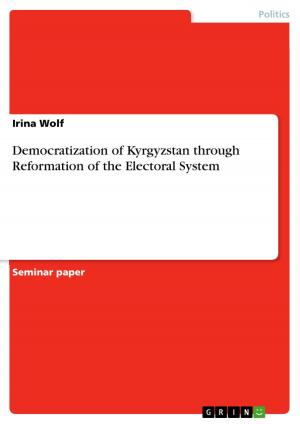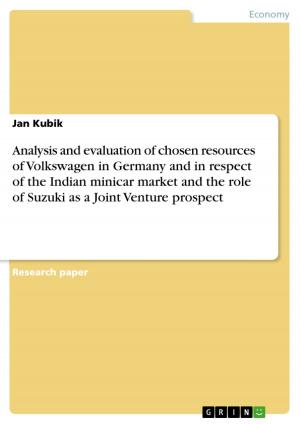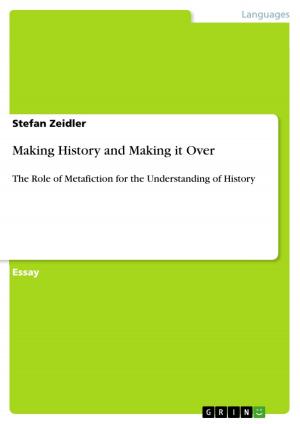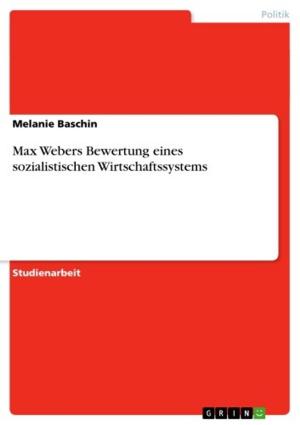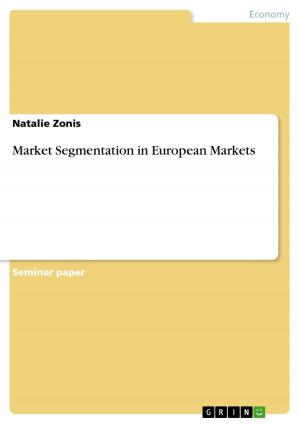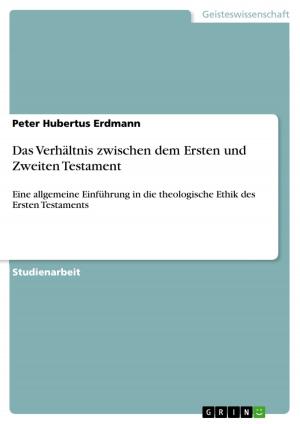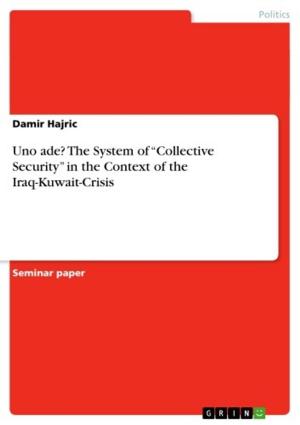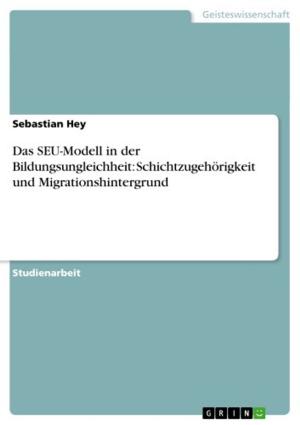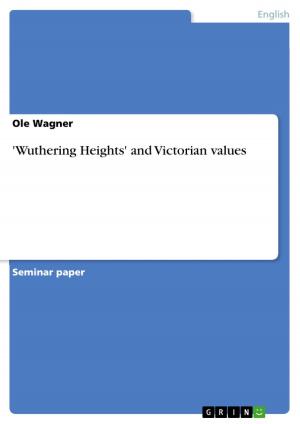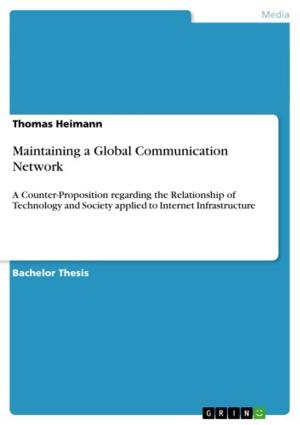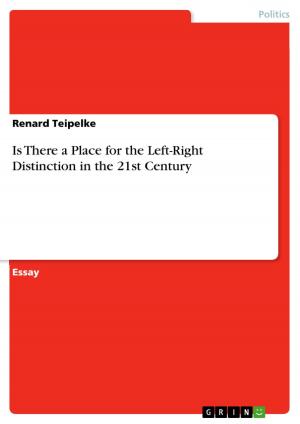| Author: | Karoline Schulte-Frohlinde | ISBN: | 9783638455251 |
| Publisher: | GRIN Publishing | Publication: | January 16, 2006 |
| Imprint: | GRIN Publishing | Language: | English |
| Author: | Karoline Schulte-Frohlinde |
| ISBN: | 9783638455251 |
| Publisher: | GRIN Publishing |
| Publication: | January 16, 2006 |
| Imprint: | GRIN Publishing |
| Language: | English |
Seminar paper from the year 2005 in the subject Sociology - Individual, Groups, Society, grade: 2.0, University of Münster (Institut für Spziologie), course: Issues in Cultural Studies - An Introduction, 9 entries in the bibliography, language: English, abstract: `Identity` is a term that shall carry an image. It transports the idea that everyone is something or someone special. This meaning of identity of being special and unique arised rather at contemporary times. The basic character of modernity, the continuous necessity to organize things according to the surrounding to handle them and the contingency of their relationship, is today also ascribed to the construction of identities. This means that identities are seen as contingent and fluent themselves. They are permanently new constructed out of different sources, that may differ in their relevance from time to time. In case of war, for example, nationality becomes the most important source of identity. Other sources, such as profession or gender and sexuality, have no relevance then. So identities are historically specific. They are produced at particular moments in history. The pressure to constantly renew and modify identities also leads to diverse problems. It is felt that identity is in crisis because old certainties no longer obtain. This causes confusion. One way to deal with this, is to analyse out of which components identity is produced, to be able to identify the set of conditions that construct liveable subject-positions.
Seminar paper from the year 2005 in the subject Sociology - Individual, Groups, Society, grade: 2.0, University of Münster (Institut für Spziologie), course: Issues in Cultural Studies - An Introduction, 9 entries in the bibliography, language: English, abstract: `Identity` is a term that shall carry an image. It transports the idea that everyone is something or someone special. This meaning of identity of being special and unique arised rather at contemporary times. The basic character of modernity, the continuous necessity to organize things according to the surrounding to handle them and the contingency of their relationship, is today also ascribed to the construction of identities. This means that identities are seen as contingent and fluent themselves. They are permanently new constructed out of different sources, that may differ in their relevance from time to time. In case of war, for example, nationality becomes the most important source of identity. Other sources, such as profession or gender and sexuality, have no relevance then. So identities are historically specific. They are produced at particular moments in history. The pressure to constantly renew and modify identities also leads to diverse problems. It is felt that identity is in crisis because old certainties no longer obtain. This causes confusion. One way to deal with this, is to analyse out of which components identity is produced, to be able to identify the set of conditions that construct liveable subject-positions.


